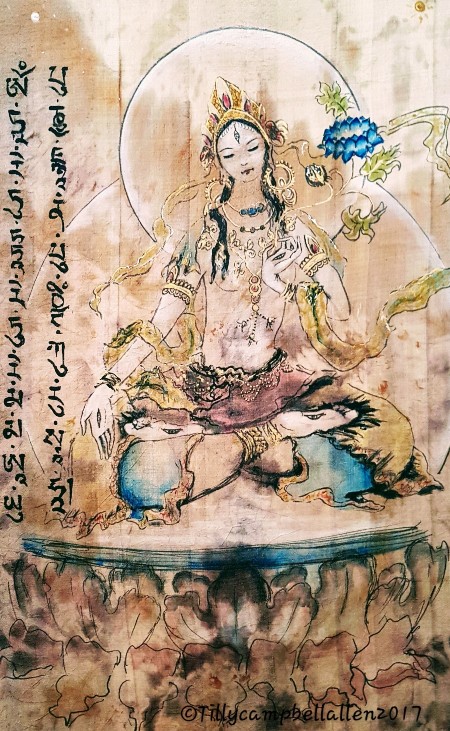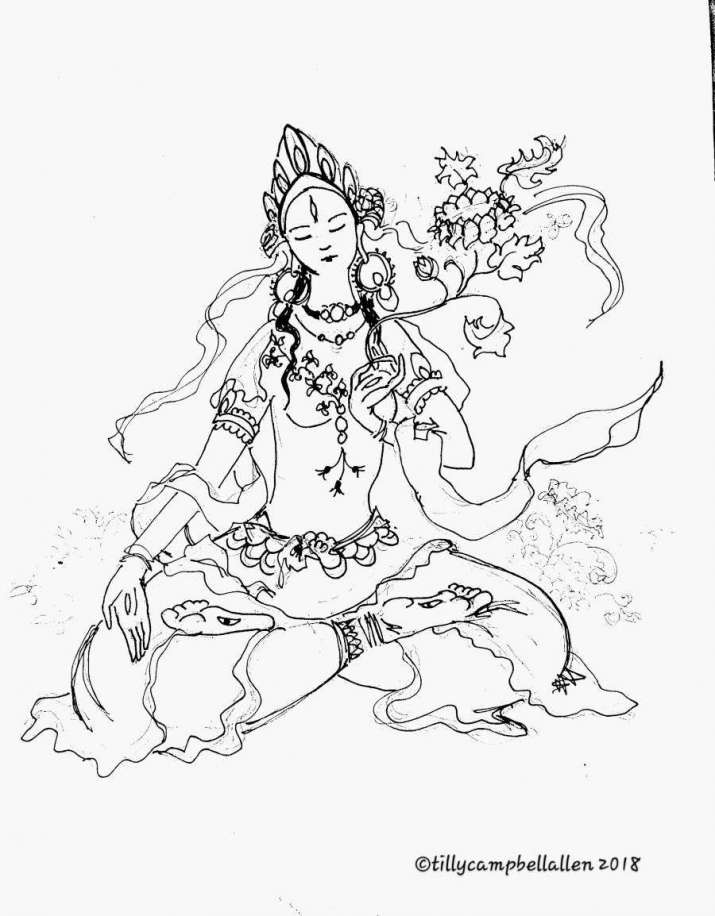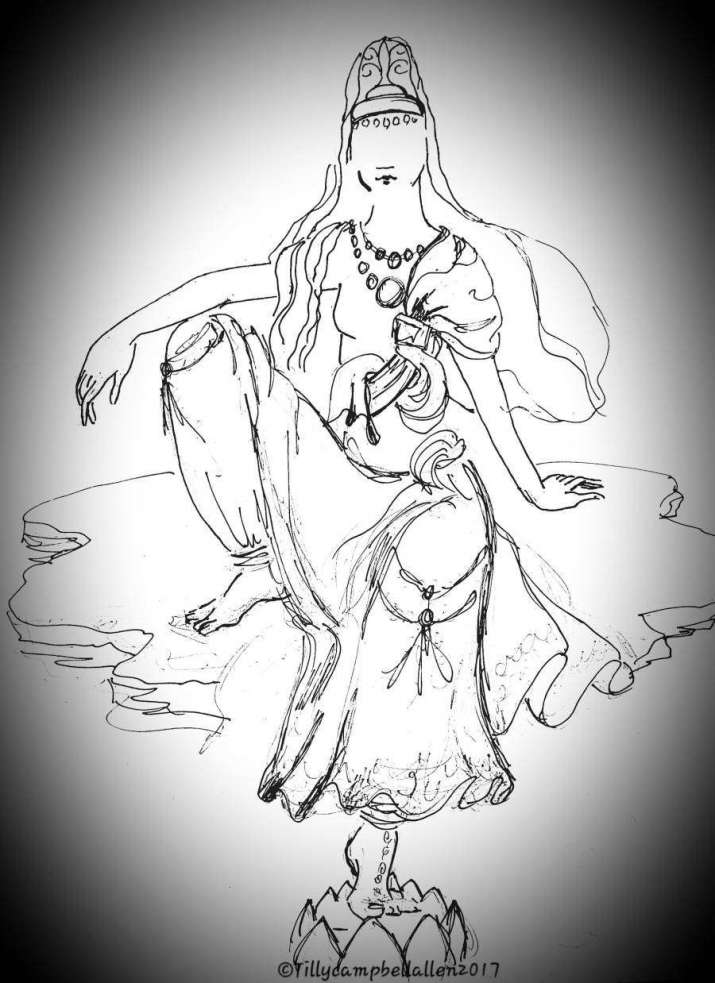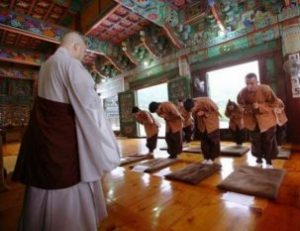The etymology of “apocalypse” stems from ancient Greek and means the revelation or unveiling of truths that were otherwise unknown. We may know some truths, but it would seem that we are currently living through an unveiling, not least of nature, as the veil of our industrial smog lifts its choking shroud.
We can safely say that we are living through strange days at the moment; some may say that we are indeed living in interesting times—days when, for the most part, the modern is world closed, and the resulting global hush has befallen us, like someone pressed timeout on the merry-go-round, like the pause after a long exhale when all feels still for a moment. It is a very welcomed respite from the madding crowd that is the modern world and into the bosom of home.
For some of us humans it is a time to reevaluate, for others it is rest. For the key workers, it is a time of bravery, for other folks it is heartbreaking. Aside from those who seem to systematically ignore the required measures to self-isolate if at all possible, for the most part many have locked their front doors on the world. Others are working harder and longer than they ever have, and no one knows for sure how long this will be our normality. Whatever the real cause of this pandemic, and why it has evoked such as extraordinary reaction, while other viruses simply caused “more news,” most of us will probably never know. But what is certain is that many people have been confined for the first time. Many people have had a prolonged time without real external distraction and met themselves for the first time. It is the first time many have had to face being alone, something we are not generally taught how to do. Or the first elongated stretch of time together with a partner.
The internet has surely become the gateway to any semblance of “reality” for work, as well as a means for reaching out to friends and family. It is also the primary platform where we have shared images. Images of the planet recovering from human pollution are some of the most powerful that we’ve seen in a very long time. And the speed at which nature returns is something we as humans want to believe in and celebrate. Within a week of lockdown, people were reporting that they were able see the stars again, stories spread of the Himalayan snowcapped mountains becoming visible again. And some social media posts claimed more. For example, that aquatic life was returning to the now-clean canals of Venice, including dolphins and swans. We were told about elephants roaming streets of Chinese cities, getting drunk on wine and passing out in a field in a drunken stupor. Most of these latter posts have sadly been debunked, but it does raise a very interesting point: most humans really want nature to recover, for the Earth to once again flourish in all her magnificence; for biodiversity to reign organically in her glory. And for our suicidal impact on the planet to diminish, if not completely, then substantially. Yet most people also want their normality to resume. So how do we best deal with the dichotomy of leaving nature its chance of utopia with our literal drive for our fossil-fueled commercial modern lives?
At this point in my article, you may feel free to pause and to ponder your life choices and place in a post-lockdown world. How much responsibility for the world do you want? How much are you prepared to take? How could your life look from now on? We are living through an apocalypse. What truths are being unveiled to you?

If you choose to continue, I’ll address
Our fertile imagination.
Our responsibility.
Our future.
Even at the best and easiest of times, how many online relationships are formed through the syntax of typed messages, then edited in ways that are then read through the filters, biases and fantasies of the receiver? The realities can never match the subjective imagination.
I recently heard a story about people who had randomly connected via social media. Public banter ensued and what appeared to be a lovely, fun, natural chemistry unfolded. Until they met. Within an hour, they knew they had no actual chemistry and have never spoken since. Prior to that meeting, their imaginations had filled in the gaps between any online chatting, and their own fantasies had taken over, creating a character that most fitted what they wanted from each other.
It is something of which we can all fall foul. The times we may be in a bad mood with a partner or friend and project that onto them, which then becomes the filter through which we communicate. Our worst paranoid fears, our best-case fantasies shadow the words we speak and our brain chemistry bubbles with scenarios that can fuel these delusions. Ultimately our brain is supposed to want what is best for us, but in doing so, it can run amok. The confinement in which many currently find themselves, in solitude or with a close select few, may find the externally stimulated brain is prone to go MIA in favor of its own occupation.
Or, in the quietude of our situation, the brain can find itself off the beaten track and deeper into the quagmire of the dark forest, with no inner ability to assuage these mental neuroses. There are news reports of young people who have tragically already taken their own lives, as they felt that they could not cope alone. It occurs to me how ill-prepared some are to find an inner sanctum in this modern frenetic world.
Meditation may be the an obvious practice for many who are reading this, but for the majority of people in our modern, frenzied society, inner reflection or time spent visualizing a tantric deity simply isn’t even a thought. To discover how to occupy the mind in constructive, self-reflecting, and responsible ways should be something we are all taught from an early age.
We owe it to ourselves, to each other, and to the planet to really use this time to reflect deeply on ourselves and the functioning of our own mind, our relationships with each other, and what part we will play in safeguarding our future and the well-being of the planet.
Art can be a wonderful focus, however. So I offer you templates of my deity paintings that you may choose to print and color in during these strange days. And may the focused practice of creation help to settle the monkey mind and bring calm joy.
Keep well
And
Make Art.














